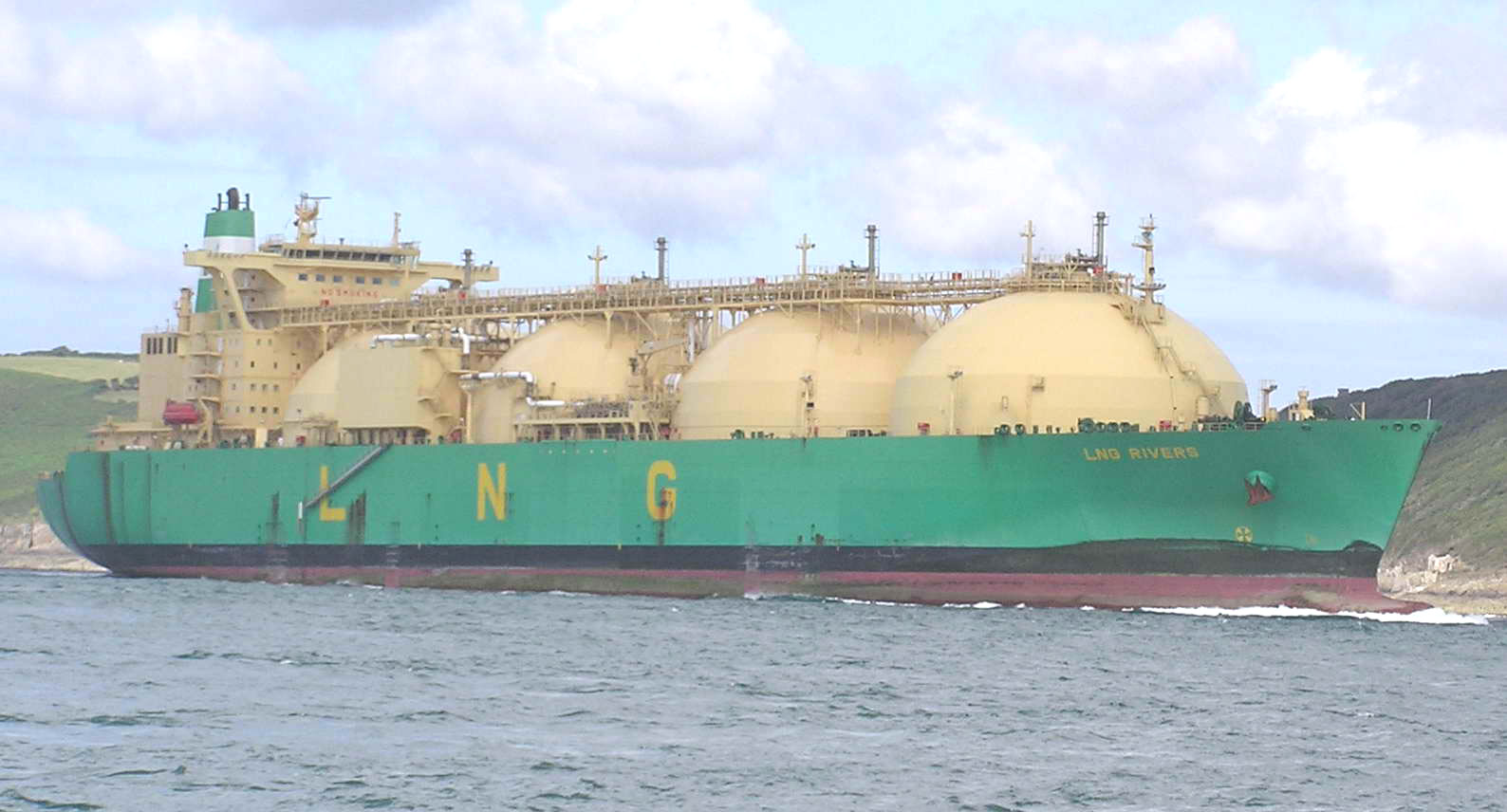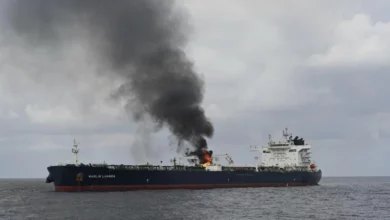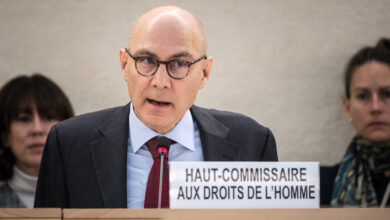Even as the leak from the Deepwater Horizon well was capped last week, the disaster that began late last April in the Gulf of Mexico is a catastrophe whose full extent is still uncertain, and not just for the environment. It is also a potential game-changer for the oil industry–in the United States and elsewhere, including Egypt, an emerging destination for deepwater exploration.
Environmentally, the Deepwater Horizon accident has been called the worst ecological disaster in the history of the United States, and has already caused untold damage to the sea and shorelines of Louisiana. Politically, the question of offshore drilling–a prominent issue in the 2008 US presidential election–has resurfaced, dividing Washington. The disaster has been particularly embarrassing to President Barack Obama, who opposed this type of drilling in 2008 and 2009 only to allow it in 2010, one month before the disaster.
But it may be that the most widely felt impact of the disaster will be economic, not only for the affected areas and BP, but also in terms of the long-term costs of developing and insuring deepwater wells. BP may or may not need to attract new investors–perhaps Middle Eastern sovereign funds–to dig itself out of the estimated $40 billion hole it potentially finds itself in, as it was self-insured.
Deepwater drilling is a newer, partly experimental, type of offshore drilling. In “normal,” shallow water wells, oil workers calibrate their drills by injecting seawater and mud into the drills, compensating for the outward pressure of the oil and gas they leech out. The same process takes place in deep water, except that with the crushing pressure of hundreds of meters of seawater above, getting the right mixture of fluid pressures is exponentially trickier and more expensive.
The reason deepwater wells have become more common in recent years is simply that the shallower ones are harder to find. This is notably the case in Egypt, where the traditional oil fields in the Gulf of Suez–the Middle East’s oldest–have become less productive as the most easily extracted oil has run out. Oil majors (notably BP) have invested billions in the last decade to squeeze more out of what remains with new technology.
Another approach is to look for new fields, especially around the Delta–including in the deepwater Mediterranean where several companies have made some promising discoveries. Transocean, the company that ran the Deepwater Horizon rig for BP, has operated in Egypt for years. Early in July, a similar company, Offshore Diamond, announced its drilling rig was leaving the Gulf of Mexico in the wake of the deepwater drill ban announced by the Obama administration–the first rig to do so. Its destination? Egypt’s Mediterranean coast, where it will be immediately put to work.
The point here is not to argue for or against deepwater drilling, in Egypt or elsewhere, but to point to the lack of debate altogether on the subject. Egypt’s energy security is a crucial issue as world energy prices rise and domestic electricity consumption has increased by a staggering 13 percent this year. Deepwater drilling has the potential to bring billions in investment and revenues to the cash-strapped government and extend the life of Egypt’s once dwindling oil industry.
But all of this is taking place amidst scant public scrutiny and weak environmental regulations–and under the supervision of a secretive Ministry of Petroleum. It is only fair to ask what preparations are being made in case an accident such as the one that occurred at Deepwater Horizon takes place 150km off the shore of Alexandria, or a spill hits the summer holiday villages of the North Coast. We only need to look at last month’s Red Sea oil spill, which caused limited damage, thanks to winds that pushed the crude away from Hurghada, but raised many questions. The way the Ministry of Petroleum handled the spill–announcing it three days after it started when fishermen who spotted the slick had already told the media–left much to be desired. There is still little clarity on what took place or what was being done about it.
In the United States, the initial response to the Deepwater Horizon spill by both the authorities and BP was impressive, even if many environmentalists would have liked more. The government mobilized and coordinated a complex cleanup effort while BP has spent an estimated US$3 billion to contain the spill and compensate the residents of affected areas. This, of course, was off the coast of the most powerful country on earth and one of BP’s major customers.
Because Egypt does not have that kind of clout, it is all the more urgent to have a serious debate about the costs and benefits of deepwater drilling, as well as make sure, should the worst happen, it will be prepared to deal with the consequences.
Issandr El Amrani is a writer on Middle Eastern affairs. He blogs at www.arabist.net. His column appears every Tuesday.




